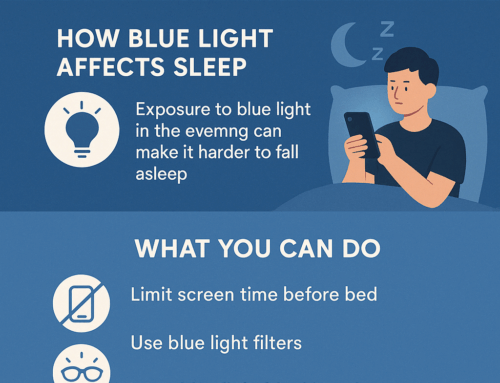Mental health is crucial to our well-being, yet it remains shrouded in misconceptions and stigma. These misunderstandings often prevent people from seeking help, leading to untreated mental health conditions and unnecessary suffering. In this blog post, we’ll explore some of the most common misconceptions about mental health and clarify the realities behind them.
Misconception 1: Mental Health Issues Are Rare
Reality: Mental health conditions are more common than many people realize. According to the World Health Organization (WHO), one in four people globally will experience a mental health issue at some point in their lives. These conditions range from anxiety and depression to more severe disorders like schizophrenia and bipolar disorder. Understanding that mental health issues are widespread can help reduce the stigma and encourage more open conversations.
Misconception 2: Mental Health Problems Are a Sign of Weakness
Reality: Mental health conditions have nothing to do with personal strength or weakness. Just like physical health issues, mental health problems can affect anyone, regardless of their character or willpower. Mental health challenges often result from a complex interplay of genetic, biological, environmental, and psychological factors. Seeking help for mental health issues is a sign of strength, not weakness.
Misconception 3: You Can Just “Snap Out of It”
Reality: Mental health conditions are not something that people can simply “snap out of” or “get over.” Telling someone with depression to “cheer up” or someone with anxiety to “relax” can be harmful and dismissive. Mental health conditions often require professional treatment, which may include lifestyle changes, therapy, medication, or a combination. Recovery is a process, and offering support and understanding rather than unrealistic expectations is essential.
Misconception 4: Therapy Is Only for “Crazy” People
Reality: Therapy is not just for individuals with severe mental health disorders. Therapy can be beneficial for anyone dealing with stress, relationship issues, grief, or other life challenges. It’s a tool for personal growth and emotional well-being, not a sign of “craziness.” Many people use therapy to develop coping strategies, improve communication skills, and enhance their quality of life.
Misconception 5: People with Mental Health Issues Are Violent or Unpredictable
Reality: The portrayal of individuals with mental health conditions as violent or dangerous is a harmful stereotype perpetuated by media and entertainment. People with mental health conditions are more likely to be victims of violence than perpetrators. Most individuals with mental health issues lead peaceful, productive lives and pose no threat to others.
Misconception 6: Medication Is the Only Solution
Reality: While medication can be an effective part of treatment for some mental health conditions, it’s not the only solution. Many people benefit from a combination of therapy, lifestyle changes, diet changes, and social support. Mental health treatment is highly individualized, and what works for one person may not work for another. It’s essential to consult with a healthcare provider to develop a treatment plan that meets your specific needs. To learn more about how diet plays a crucial role in mental health, visit our blog.
Misconception 7: Children Don’t Experience Mental Health Issues
Reality: Mental health issues can affect people of all ages, including children and adolescents. Early signs of mental health conditions can appear during childhood, and early intervention is crucial for effective treatment. Ignoring or dismissing a child’s mental health needs can lead to more severe problems later in life. It’s important to take children’s mental health seriously and provide them with the support they need. Click here to learn more about how to talk to your kids about depression and anxiety.
Breaking the Stigma
Overcoming these misconceptions is essential for promoting mental health awareness and reducing stigma. By educating ourselves and others, we can create a more supportive and understanding society where individuals feel comfortable seeking help and discussing their mental health openly.
If you or someone you know is struggling with a mental health issue, don’t hesitate to reach out for help. Remember, mental health is as important as physical health, and caring for your mind is vital to well-being.







Leave A Comment